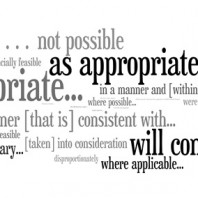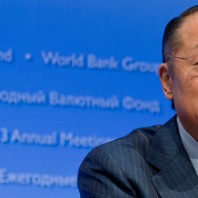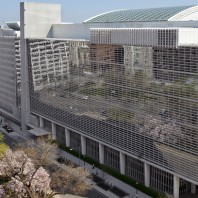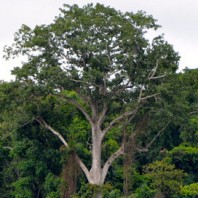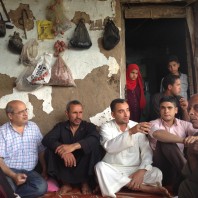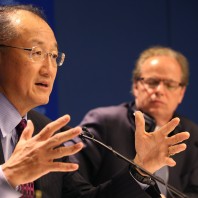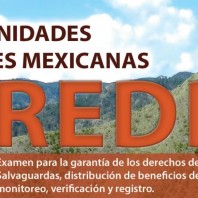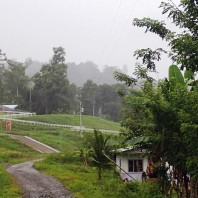by Vince McElhinny, Senior Policy Advisor at the Bank Information Center The World Bank management claims that the proposed revision to its safeguard policies, now called Environmental and Social Standards and Policy (ESS/ESP) will “update, strengthen and broaden” the protections to people from risks associated with Bank investments. However, by excluding two of the Bank’s …
See a collection of letters from Civil Society, news articles and more capturing reactions to the draft Environmental and Social Framework policy.
As the World Bank prepares to gut its safeguard policies and budget cuts are suspended over the heads of an anxious staff, a leaked assessment of the Bank’s safeguard system by the Bank’s internal audit department (IAD) describes an alarming state of disarray.
Photo: Simone D. McCourtie / World Bank (CC BY-NC-ND 2.0) (July 31, 2014) Over widespread objections from civil society, the World Bank’s board of directors gave a green light yesterday to a weak new set of rules to replace its existing environmental and social “safeguard” policies. The proposed policies appear to reverse a generation of …
The Ford Foundation recently investigated the link between forest rights and climate change in Latin America. According to a recent report, stopping deforestation and reforesting could reduce greenhouse gas emissons by 30 percent. Giving forest rights back to the traditional communities, who depend on these forests for their livelihood, would decrease deforesting and thereby reduce greenhouse …
On July 27, 2014, ahead of the scheduled World Bank Board meeting to discuss the Bank’s newly proposed draft Environmental and Social Safeguards Framework, Egyptian civil society organizations sent an urgent letter to their representative on the Board of Directors, Dr. Merza Hasan, urging him to recommend that some critical changes be made to the draft. The letter …
A leaked draft of the World Bank’s proposed new Safeguard Policies appears to reverse a generation of gains.
Also available in Spanish As REDD+ preparation in Mexico proceeds at a rapid pace, civil society, local communities, and indigenous peoples have voiced concerns regarding impacts on communities and community rights. However, if the government of Mexico facilitates a transparent, participatory process of REDD+ strategy development and implementation, REDD+ is a potential opportunity to promote …
This post is also available in: Spanish On July 3, 2014, twelve organizations representing civil society, indigenous peoples, and local communities of Central America and Mexico sent forest policy recommendations to Juan Jose Bravo Moises, the World Bank Executive Director who represents their countries. Their letter provides input into the three-phase World Bank safeguard policy …

